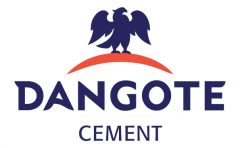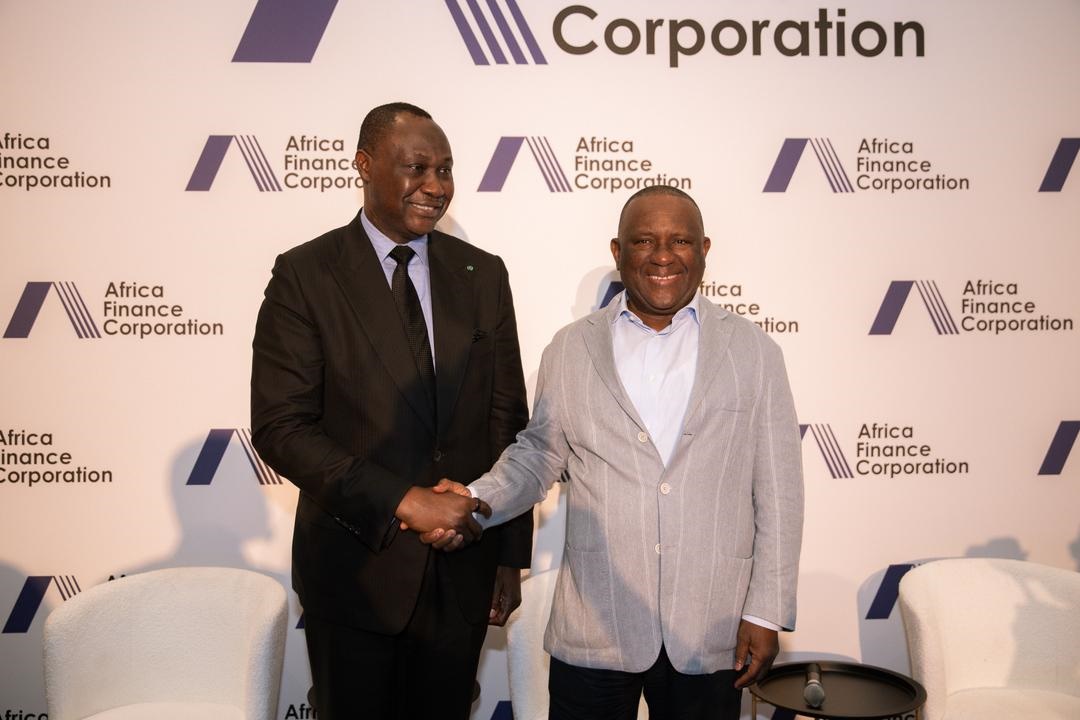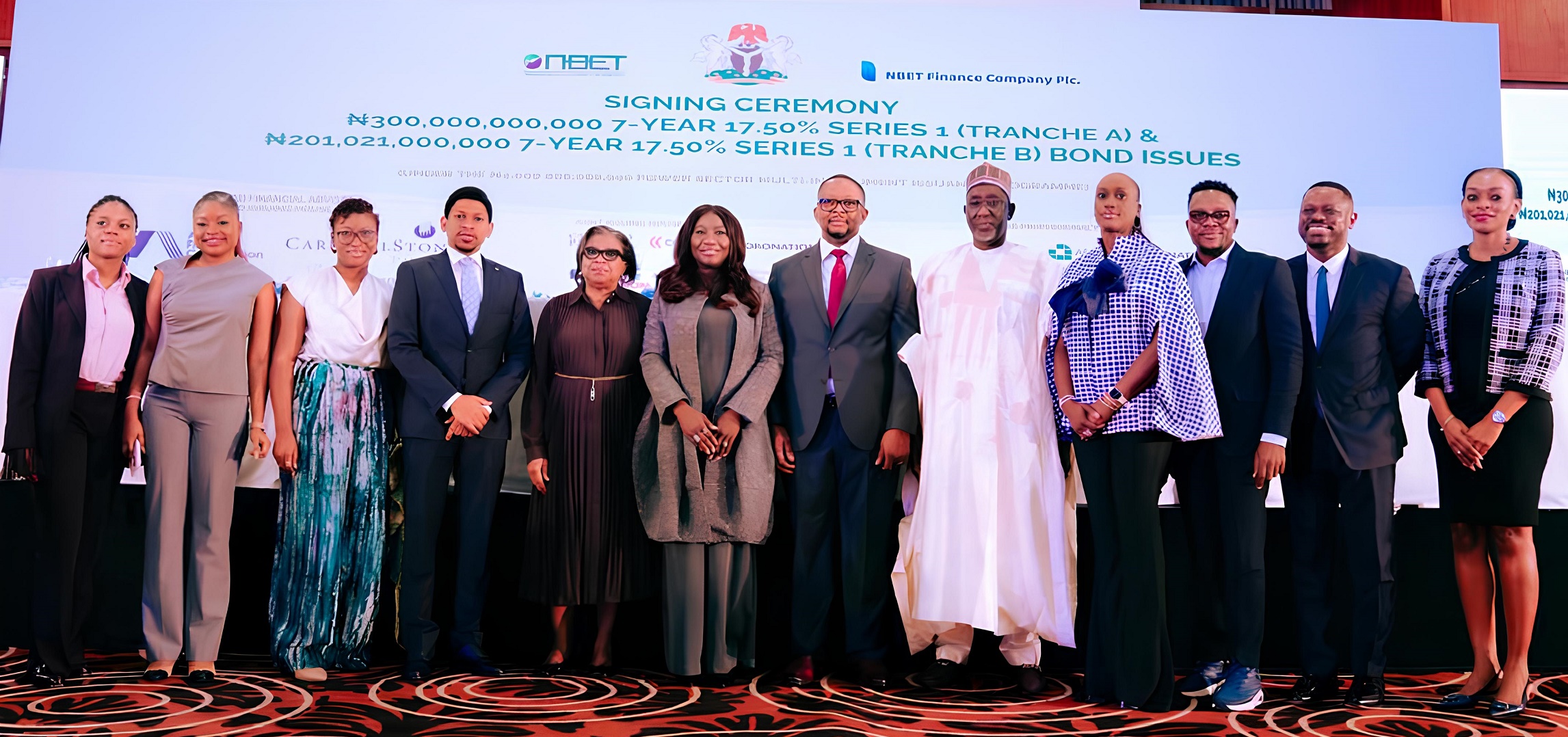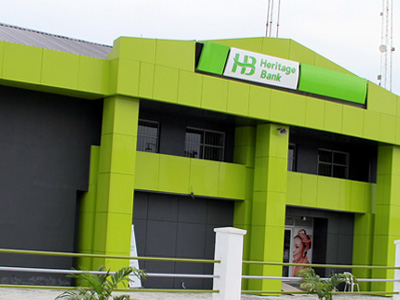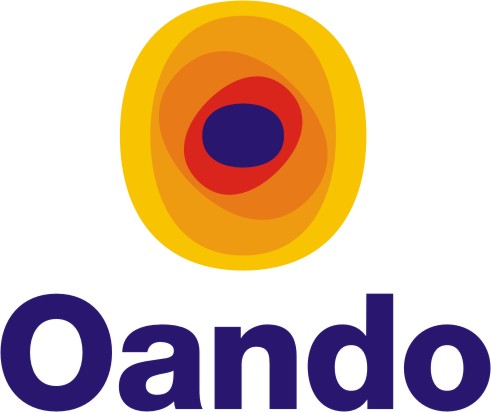
Integrated energy giant, Oando Plc, on Tuesday presented its score-card for the nine-month ended September 30, 2018, indicating that a 31.75% rise in revenue, helped by income from exploration and production activities, amidst the soaring crude oil prices, was whittled down by the rise in costs, at a time other operating income dropped significantly. The situation was however saved mainly by the N5.623bn income tax credit, which enhanced profit after tax for the period.
Sale revenue for the period rose to N505.086bn, up by 31.75% from the previous N383.35bn; N207.777bn, or 41.14% of the nine-month revenue was recorded in the three months between July and September.
Cost of sales increased by N115.397bn or 36.96% from N312.142bn to N427.539bn, 42.39%, or N181.244bn of which came in the third quarter; leaving gross profit at N77.545bn, N6.337bn or 8.9% better than the N71.207bn in the corresponding period.
Other operating income fell by a significant N15.132bn or 87.55%% from N17.285bn in 2017, to N2.152bn; just as administrative expenses climbed marginally from N50.403bn to N51.038bn. Operating profit therefore climbed N9.43bn or 24.79% lower to N28.659bn, from N38.089bn in the corresponding period of last year.
Finance costs dropped slightly to N31.19bn from N32.669bn; just as finance income rose slightly to N7.6bn from N7.22bn; resulting in net finance costs of N23.589bn, as against N25.448bn.
Share of loss of associates dropped from N3.142bn to N296.764m; as profit before income tax from continuing operations stood at N4.772bn; a N4/725bn or 49.75% decline from N9.497bn in 2017.
The income tax credit, as against a tax expense of N7.104bn, resulted in net profit of N10.396bn, a growth of about N8.002bn, or 334.3% over the previous N2.393bn. Earnings Per Share also jumped from nine kobo to N0.32 each in the period.
A breakdown of the figures showed that Oando’s supply and trading segment remained the honey pot, after contributing N386.094bn, or 75.84% to group revenue, up from N306.382bn or 77.9% reported in 2017. A total of N118.877bn or 23.53% flowed from the oil exploration and production business, even as exploration and production added N76.022bn.
But the oil exploration and production segment contributed N31.604bn to net profit, up from N29.348bn in 2017; while N5.623bn tax credit, supply and trading posted an N849.236m loss, compared to N7.104bn. The tax credit was seemingly insignificant when compared to N20.358bn loss recorded against the corporate centre
A statement by Ayotola Jagun, its company secretary, the group acknowledged factors such as “the continued increase in oil prices and sales volumes, Nigeria’s exemption from the production cut by the Organization of Petroleum Exporting Countries (OPEC), capital discipline and reduced disruptions on production activities in the Niger Delta,” as fact that contributed to improved cash flows and impressive numbers turned in so far by oil and gas companies operating in the country in the third quarter of 2018.
In the downstream, for example, Oando said it traded over 10m barrels of crude oil during the period, while ensuring petroleum products efficiency through importation of 445,483MT of refined products.
The ensuing improvement in cash flow, it said, ensured the group reduced total borrowing from N237.4bn in the nine months ended September 2017, to N227.1bn in the same period of 2018.
The statement quoted Wale Tinubu, the Group Chief Executive, as saying: “Today’s positive result is further evidence of the progress made by Oando in 2018 driven by our continued focus on execution and operational efficiency, supported by buoyant commodity prices. The outlook for the remainder of the year is positive and we remain committed to delivering on our value-based strategy towards improving our liquidity by reducing our gearing, improving our profitability by increasing production, and achieving growth via strategic alliances.”
Revenue growth, the statement continued, “was primarily driven by an increase in commodity prices.
“In the nine months to September 30, 2018, gross sales price for oil increased by 45% to $71.42/ bbl from $49.42/ bbl in the same period in 2017. Sale price for natural gas and LNG also increased by 31% and 6% respectively,” it added, stressing that gross profit growth was driven “primarily by higher revenue as a result of higher commodity prices.”
On the group’s outlook for rest of the year, Tinubu expressed confidence and commitment that the group would deliver on its “value-based strategy towards improving our liquidity by reducing our gearing, improving our profitability by increasing production, and achieving growth via strategic alliances.”


